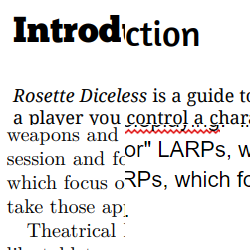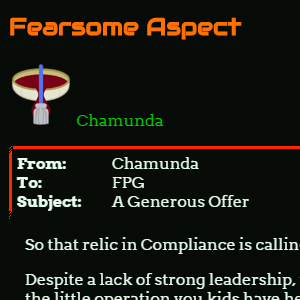This was originally an essay in our newsletter. Subscribe to get essays like this when they're originally released.
As soon as we first started making a sequel to Gregory's old Flash game Exploit, we were discussing what we wanted to change about the game's nodes. As the core of the puzzles, they are the building blocks for what's possible in the game.
In the end, we settled on relatively few changes. The mostly-superfluous Directory node from the first game was replaced with the Flipflop, which allowed for changes in puzzles' state that didn't wear off over time (and eliminated the need for the "antiblocker" added to Exploit in a post-release update). That was the state of the game in 2014 when we welcomed our first players.
...












 View on YouTube
View on YouTube

